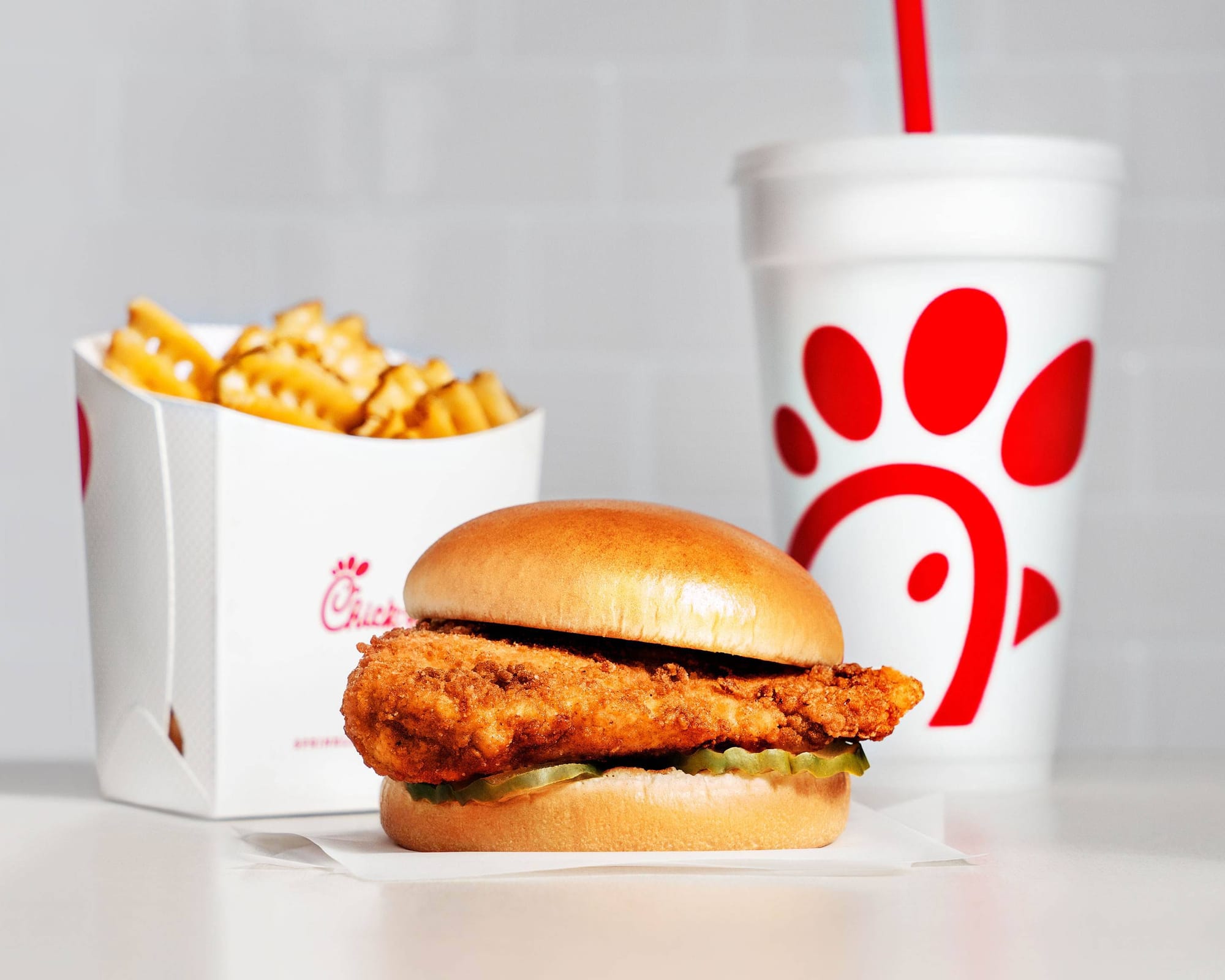Chick-fil-A Alters Antibiotic Policy, Risking Customer Loyalty
March 24, 2024 – In a significant policy shift that marks the end of an era for Chick-fil-A's commitment to antibiotic-free chicken, the fast-food giant has announced it will start allowing some antibiotics in its poultry products starting this spring. This move comes nearly a decade after the company
March 24, 2024 – In a significant policy shift that marks the end of an era for Chick-fil-A's commitment to antibiotic-free chicken, the fast-food giant has announced it will start allowing some antibiotics in its poultry products starting this spring. This move comes nearly a decade after the company pledged to serve only chicken raised without antibiotics across all its restaurants—a commitment that was fully realized by the end of 2019.
According to USA Today, Chick-fil-A cited supply chain issues as the primary reason for this pivot. On their official website, the company states, "To maintain the supply of the high-quality chicken you expect from us, Chick-fil-A will shift from No Antibiotics Ever (NAE) to No Antibiotics Important To Human Medicine."
This decision has sparked immediate backlash and concern among consumers who have long valued Chick-fil-A's commitment to healthier and more sustainable food practices. The New York Post and Fox Business also reported on this development, noting that the fast-food chain's reversal could potentially alienate a segment of its customer base that prioritizes antibiotic-free options in their diet.
Chick-fil-A initially set itself apart in the fast-food industry by committing to a "No Antibiotics Ever" policy, a stance that not only resonated with health-conscious consumers but also set a standard for other chains to follow. Fulfilling this promise by 2019, Chick-fil-A solidified its reputation as a leader in offering healthier fast-food options.
However, Reuters reports that the company is now rolling back this commitment, allowing certain antibiotics in its chicken, which has led to a wave of criticism online and across social media platforms. According to Newsweek, customers have expressed disappointment and concern over the potential health implications and environmental impact of this change.
Experts suggest that this policy shift could lead to a broader conversation about food safety, antibiotic resistance, and consumer expectations in the fast-food industry. The use of antibiotics in livestock is a contentious issue, with critics arguing that it contributes to the development of antibiotic-resistant bacteria, posing a significant public health risk.
Chick-fil-A's decision to modify its antibiotic policy raises questions about the balance between supply chain challenges and maintaining food quality standards that meet consumer expectations. As the fast-food chain navigates this transition, it remains to be seen how this change will affect its relationship with customers who have come to expect antibiotic-free chicken as part of Chick-fil-A's brand identity.
The company has reassured customers that despite the policy change, it remains committed to high-quality food standards. However, the long-term impact of this decision on customer loyalty and brand perception is yet to be determined.




